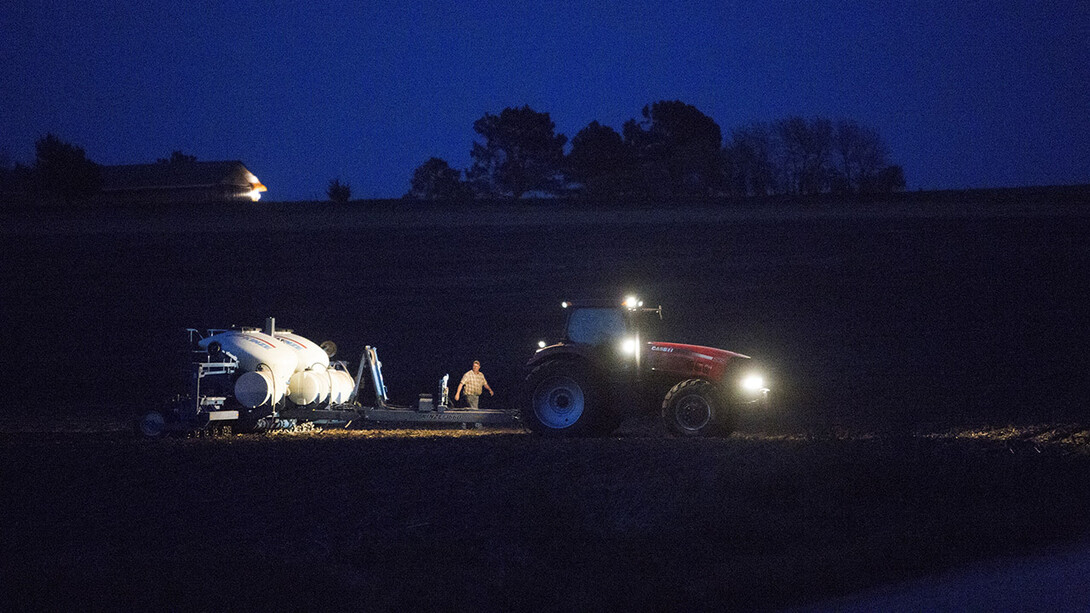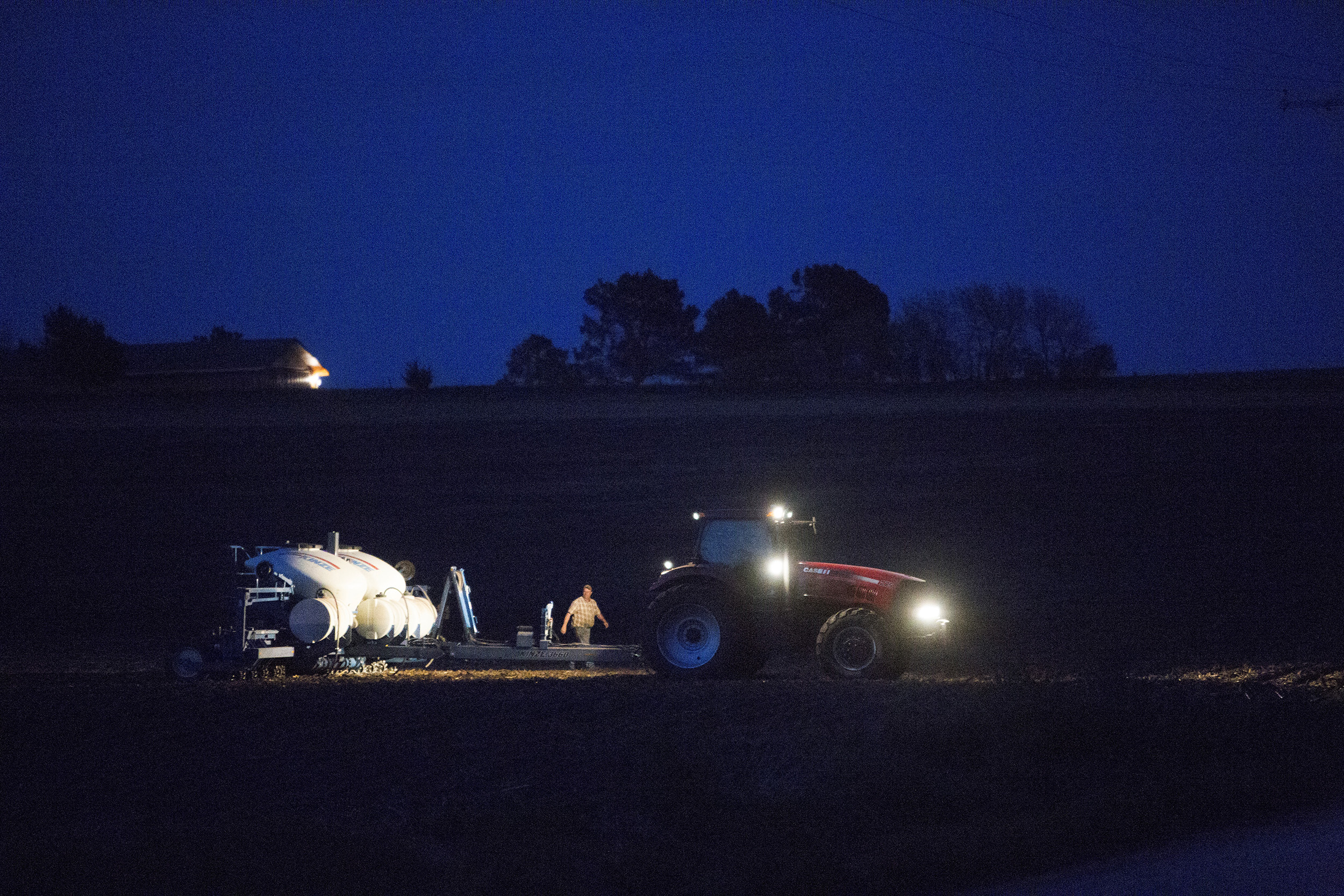
For many farmers and ranchers across the state, the past few years have not been easy.
First, there was the drought in 2012. A few years later, commodity prices began to decline. Then, 2019 brought historic flooding in eastern and central parts of the state at the same time a blizzard ravaged the west. Now, COVID-19 is creating new challenges for producers while also physically separating rural Nebraskans from friends, neighbors and other support systems.
Challenging times can bring struggles with emotional and mental well-being, said Chuck Hibberd, dean and director of Nebraska Extension.
“You put all of that together, and you have a sector that is really at risk,” Hibberd said.
Nebraska Extension is working to provide resources for rural Nebraskans struggling with mental health issues and, at the same time, to remove the stigma of discussing mental health or receiving mental health services, such as counseling.
While most extension educators are not mental health practitioners, they are trusted resources in rural counties across the state, Hibberd said.
“We are the people who are trying to help people build awareness,” he said.
Extension educators from across Nebraska have compiled a variety of resources for rural Nebraskans here. These include information on managing COVID-19-related stress; University of Nebraska Medical Center COVID-19 resources and guidelines; online mental health screenings; and videos, podcasts and other resources to aid Nebraskans in helping their children complete their schoolwork and learning at home.
Additionally, the site includes the numbers for two important hotlines: the National Suicide Prevention Lifeline, 1-800-273-TALK (8255), and the Nebraska Rural Response Hotline, 1-800-464-0258. The Rural Response Hotline can connect farmers and ranchers and their families with attorneys, financial counselors, mediators and other farmers, offering no-cost vouchers for counseling to eligible rural Nebraskans, among other services.
The site also includes resources and coping strategies for Nebraskans who experienced damage or loss as a result of the 2019 flood and bomb cyclone. The anniversary of those events was just last month, and anniversaries can trigger painful memories, grief and sadness.
“In many parts of the state, Nebraskans are dealing with a double impact,” said Susan Harris, an extension educator based in Minden.
Harris, part of a team of extension educators focused on rural well-being, said she and her colleagues were planning events to help build local support networks in areas hit hard by the flood. One such example is the Neighbor-to-Neighbor program, which Buffalo County Extension Educator Kerry Elsen helped launch in 2019. Last winter, the program held events in several Buffalo County communities that combined the food and social fun of a game-day tailgate with opportunities for area residents to connect with nearby mental health service providers, as well as with each other.
Another series of tailgates is planned for this fall, provided it is safe to gather by then, Elsen said. In the meantime, though, she is looking at how to restructure the program to align with social distancing recommendations. She and others are also working to broaden the scope of the program to reach Nebraskans affected by COVID-19, in addition to the flood and bomb cyclone. The Neighbor-to-Neighbor program has partnered with the Buffalo County Suicide Prevention Coalition to reach more rural Nebraskans who might be struggling.
Nebraska Extension will continue its work to connect rural Nebraskans to mental health resources, to plan events once it is safe for people to gather again, and to figure out how to reach people remotely until then. In the meantime, extension educators had a few suggestions for Nebraskans to maintain their mental well-being and connections with loved ones.
Holly Hatton-Bowers, an assistant professor and early childhood extension specialist at Nebraska, recommended sticking to a routine, getting enough sleep, and making a point to connect with friends, neighbors and extended family through texts, phone calls, letters and video chats. Hatton-Bowers suggested making a point to connect both with people who might be struggling as well as with people who tend to be positive and upbeat.
Harris added that random acts of kindness — sending a card, making a donation to a charity, picking up groceries for an elderly or immune-compromised neighbor — can also go a long way, and it’s not just the person on the receiving end who reaps the benefits.
“Random acts of kindness are good therapy just for ourselves,” she said.
For more information, click here. The Nebraska Children and Families Foundation website offers additional resources here.








